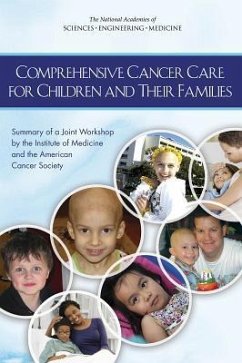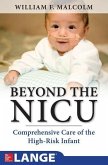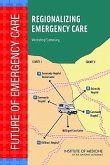Childhood cancer is an area of oncology that has seen both remarkable progress as well as substantial continuing challenges. While survival rates for some pediatric cancers present a story of success, for many types of pediatric cancers, little progress has been made. Many cancer treatments are known to cause not only significant acute side effects, but also lead to numerous long-term health risks and reduced quality of life. Even in cases where the cancer is considered curable, the consequences of treatment present substantial long-term health and psychosocial concerns for children, their families, their communities, and our health system. To examine specific opportunities and suggestions for driving optimal care delivery supporting survival with high quality of life, the National Cancer Policy Forum of the Institute of Medicine and the American Cancer Society co-hosted a workshop which convened experts and members of the public on March 9 and 10, 2015. At this workshop, clinicians and researchers in pediatric oncology, palliative, and psychosocial care, along with representatives from the U.S. Food and Drug Administration, National Cancer Institute, Children's Oncology Group, pharmaceutical companies, and patient advocacy organizations, discussed and developed a menu of options for action to improve research, quality of care, and outcomes for pediatric cancer patients and their families. In addition, parents of children with cancer and pediatric cancer survivors shared their experiences with care and provided poignant personal perspectives on specific quality of life concerns and support needs for children and families across the life spectrum. This report summarizes the presentations and discussion of the workshop.
Bitte wählen Sie Ihr Anliegen aus.
Rechnungen
Retourenschein anfordern
Bestellstatus
Storno





